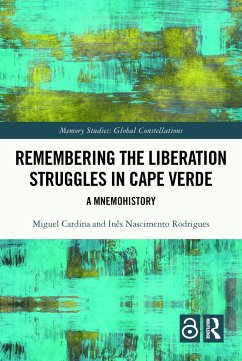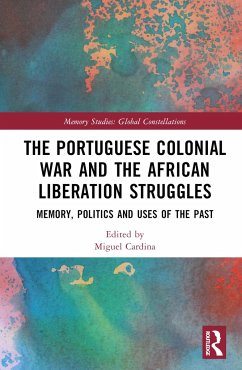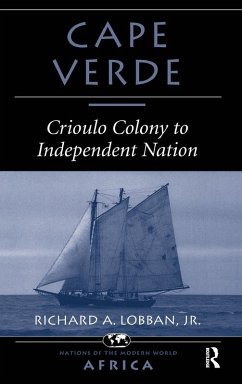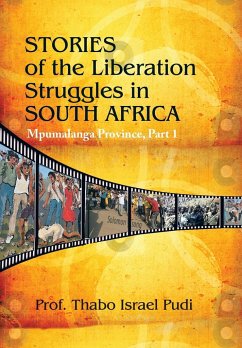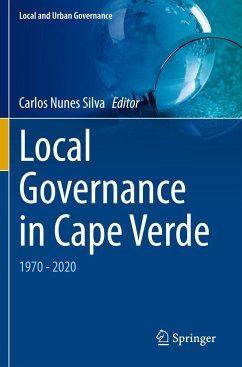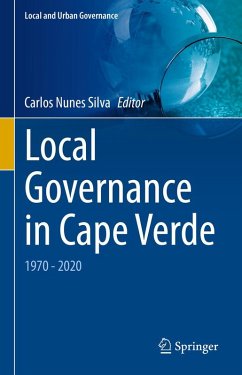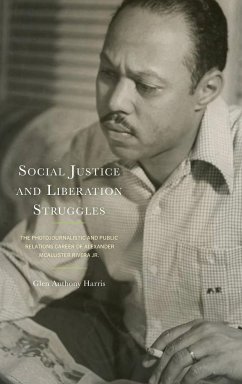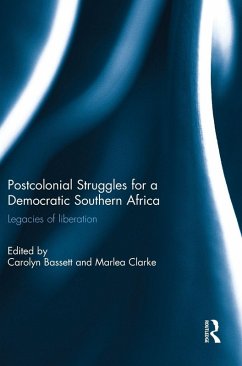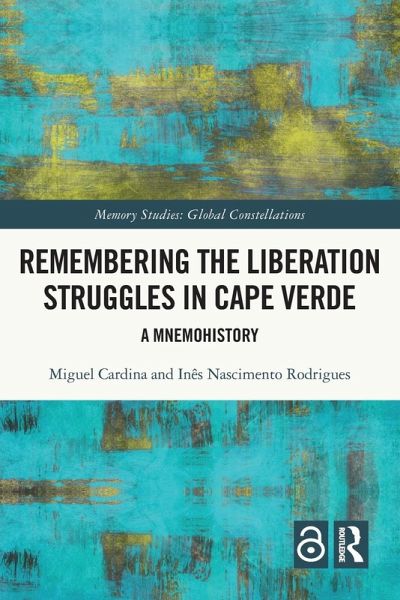
Remembering the Liberation Struggles in Cape Verde
A Mnemohistory
Versandkostenfrei!
Versandfertig in 1-2 Wochen
55,99 €
inkl. MwSt.
Weitere Ausgaben:

PAYBACK Punkte
28 °P sammeln!
This book explores the ways in which the anti-colonial struggles against the Portuguese colonial empire in Africa in the 1960s and 1970s have been publicly remembered, shedding new light on the complex entanglements between colonial pasts and political memories of anti-colonialism in shaping new nations arising out of liberation struggles.





